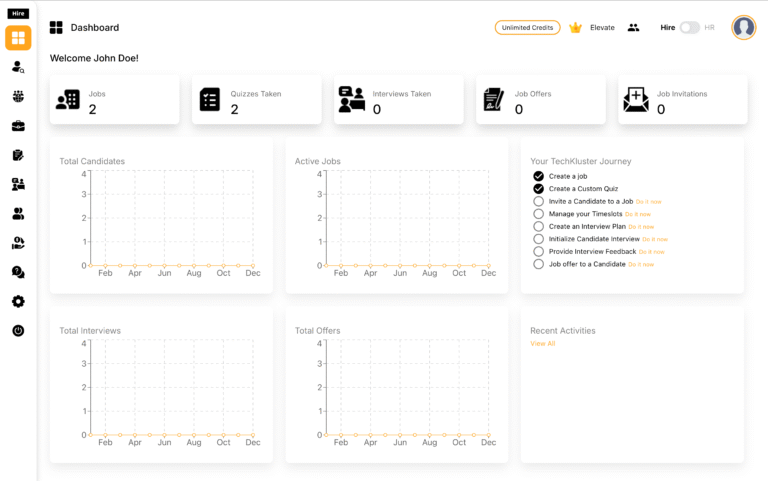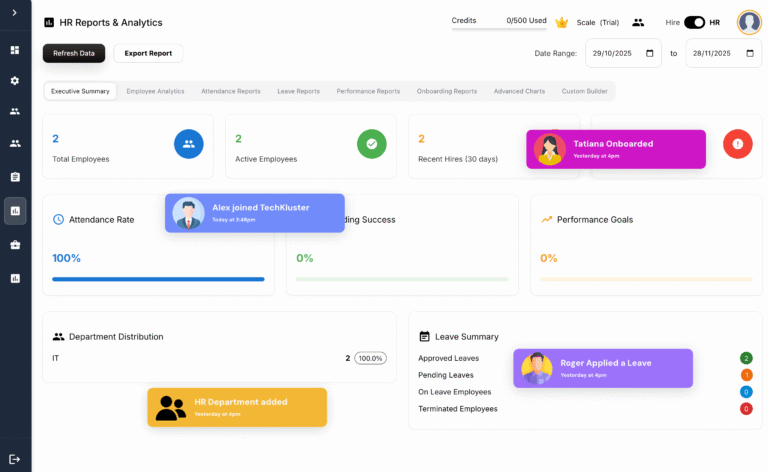1.Can machines imitate humans? This is a question that society has struggled with for years. It has been the subject of many science fiction books and movies. Artificial intelligence is the ability to perceive, learn, solve problems, etc. of machines. Why is this technology important? 2. AI can reduce human error When programmed properly, AI …
1.Can machines imitate humans?
This is a question that society has struggled with for years. It has been the subject of many science fiction books and movies. Artificial intelligence is the ability to perceive, learn, solve problems, etc. of machines. Why is this technology important?
2. AI can reduce human error
When programmed properly, AI can greatly reduce errors. Take medical malpractice, for example. In 2018, Miguel Paredes published a paper showing that AI predicted with 78 accuracy the likelihood that a patient with sepsis would die 30 days after discharge from the ICU. AI will not replace human intuition and knowledge, but unlike humans, AI cannot suffer from exhaustion or stress. #2. AI can perform dangerous tasks
Collecting and sorting household waste is ranked among the most dangerous jobs in the world. A study in Denmark found that garbage collectors were twice as likely to have stomach problems compared to the general workforce. They also suffer from infections, allergies and back injuries. AI-driven robots can reduce risks to humans. You can find advanced garbage sorting robots at some recycling plants. The computer systems are trained to recognize different types of recyclable materials, picking up cans, glass and plastic from the pile.
3. AI helps with repetitive tasks
Even if sorting cans and glass is completely safe for humans, it gets boring very quickly. This kind of work is exhausting and mundane for people, who thrive on creativity. Repetitive tasks can also make it hard for people to focus and make mistakes. AI-driven machines don’t get bored, they always perform a task the same way and don’t lose focus.
4. AI is always available
Unlike humans, AI can perform tasks all day long. This is especially useful for customer service and other helplines, which is a huge industry for AI solutions. According to a study, the IBM Watson Assistant (most beneficial when used with human agents) saved money and allowed agents to spend more time on important tasks. As technology advances, always-on AI chatbots will become more and more efficient.
5. AI works faster than humans
New technologies can speed up processes and decisions for organizations like NASA. In 2021, Pathways intern Evana Gizzi developed Artificial Intelligence Research for Spacecraft Resilience (RAISR). Using RAISR, AI can quickly diagnose faults in spacecraft and spacecraft systems. It works by using a combination of classical AI and machine learning techniques to find connections that humans cannot. Speeding up the fault diagnosis process will lead to faster repairs and improved task efficiency.
6. AI plays a huge role in social media
TikTok, the most downloaded app in the world, uses machine learning. When users open the app for the first time, they are greeted by some popular videos. Based on what users are interacting with, the algorithm identifies similar videos using details like hashtags, audio, language, and subtitles. Once enough data is available, TikTok will map the user’s preferences to “groups” of users and videos. With machine learning, the algorithm presents new videos based on these clusters. Unfortunately, this raises questions about extremism and extremism, which is another reason why AI’s role in social media matters.
7. AI contributes to learning
DuoLingo, a popular language learning app, uses AI in a variety of ways, including a machine learning implementation called Birdbrain. Based on the user’s performance, Birdbrain adjusts the difficulty of the lesson.






